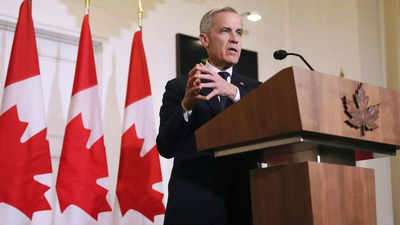Canadian prime minister Mark Carney introduced cancelling the proposed enhance to the quantity of capital positive factors topic to taxation. The transfer reversed a serious factor of the 2024 federal funds, to assist small companies and encourage non-public funding.
“Cancelling the hike in capital positive factors tax will catalyze funding throughout our communities and incentivize builders, innovators and entrepreneurs to develop their companies in Canada,” Carney mentioned in a press release.
Whereas scrapping the tax hike, the liberal authorities will preserve its deliberate enhance to the lifetime capital positive factors exemption restrict. This implies small enterprise homeowners, in addition to these promoting farming and fishing properties, will nonetheless profit from the next exemption of $1.25 million. The federal government has pledged to introduce laws to formalise this transformation “in the end.”
The choice to scrap the rise adopted a earlier delay launched by former PM Justin Trudeau, who had postponed its implementation till New 12 months’s Day 2026. If the hike proposal was applied, people incomes greater than $250,000 in capital positive factors per yr would have seen two-thirds of these positive factors taxed, up from the present price of fifty per cent. The identical two-thirds tax price would have utilized to capital positive factors earned by companies and trusts.
Earlier the capital positive factors tax hike had confronted opposition from varied sectors, together with companies, farmers, and the medical neighborhood.
The conservatives criticised the coverage as a “tax on well being care, home-building, small companies, farmers, and folks’s retirements.” Medical doctors additionally raised issues, warning that the elevated taxation might make it tougher to recruit and retain physicians at a time when 6.5 million Canadians are struggling to entry main care, in response to CBC.
The Canadian medical affiliation (CMA) identified that many docs incorporate their practices and depend on funding earnings for his or her retirement. The proposed modifications, they argued, would have disproportionately affected them.
Farmers and unbiased enterprise homeowners additionally pushed again. A coalition of Canadian agricultural associations had written to the federal authorities urging them to desert the rise, whereas the Canadian Federation of Unbiased Enterprise (CFIB) reported that 72 per cent of its members opposed the hike, fearing it will weaken funding.















